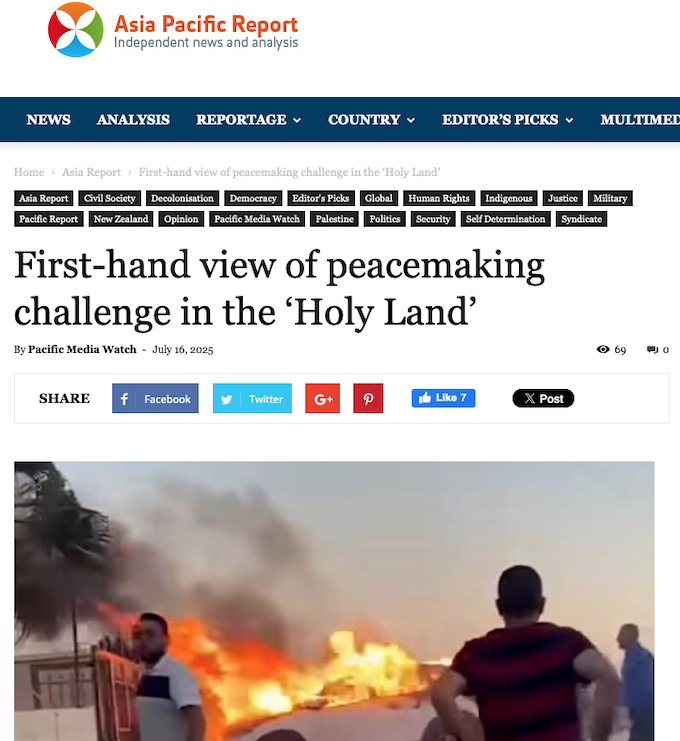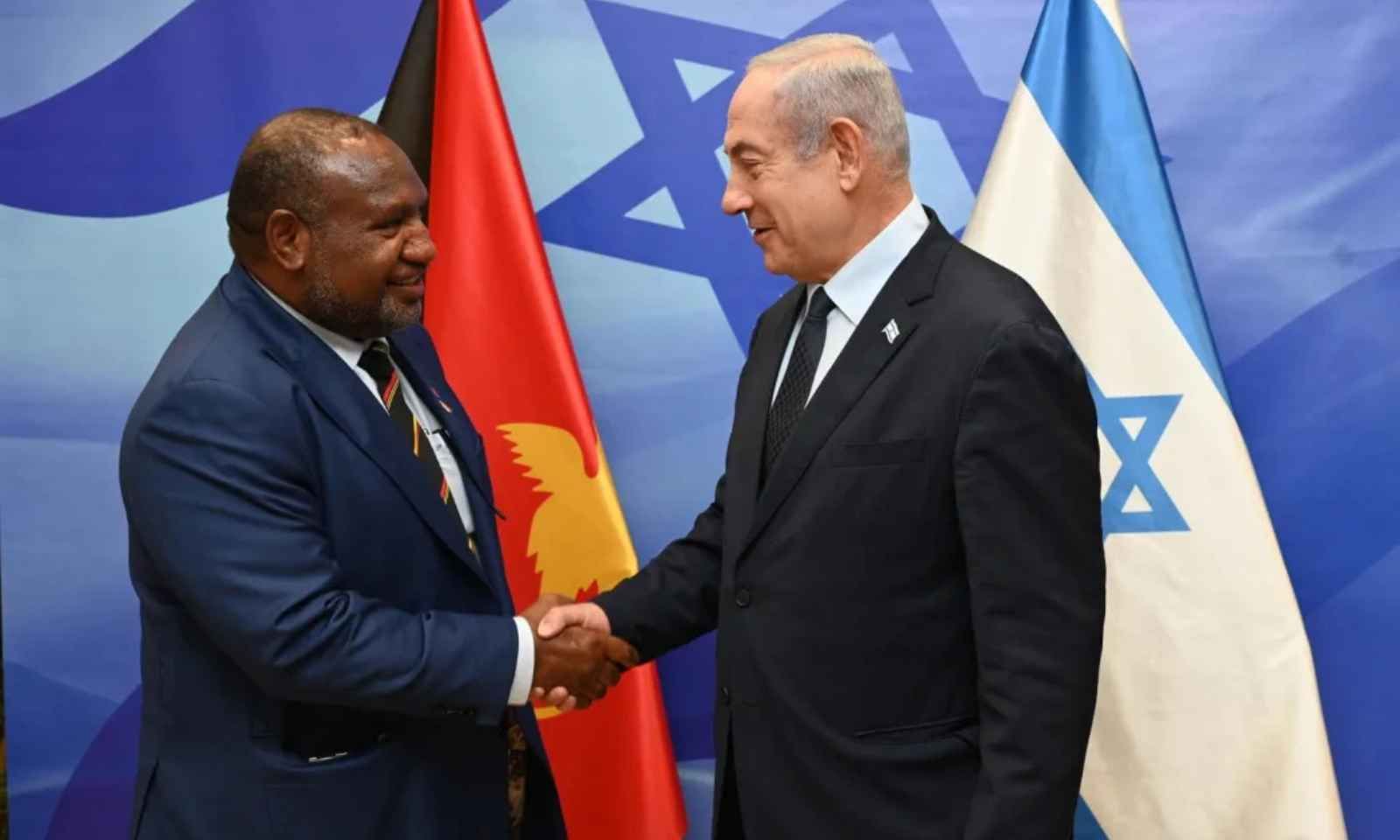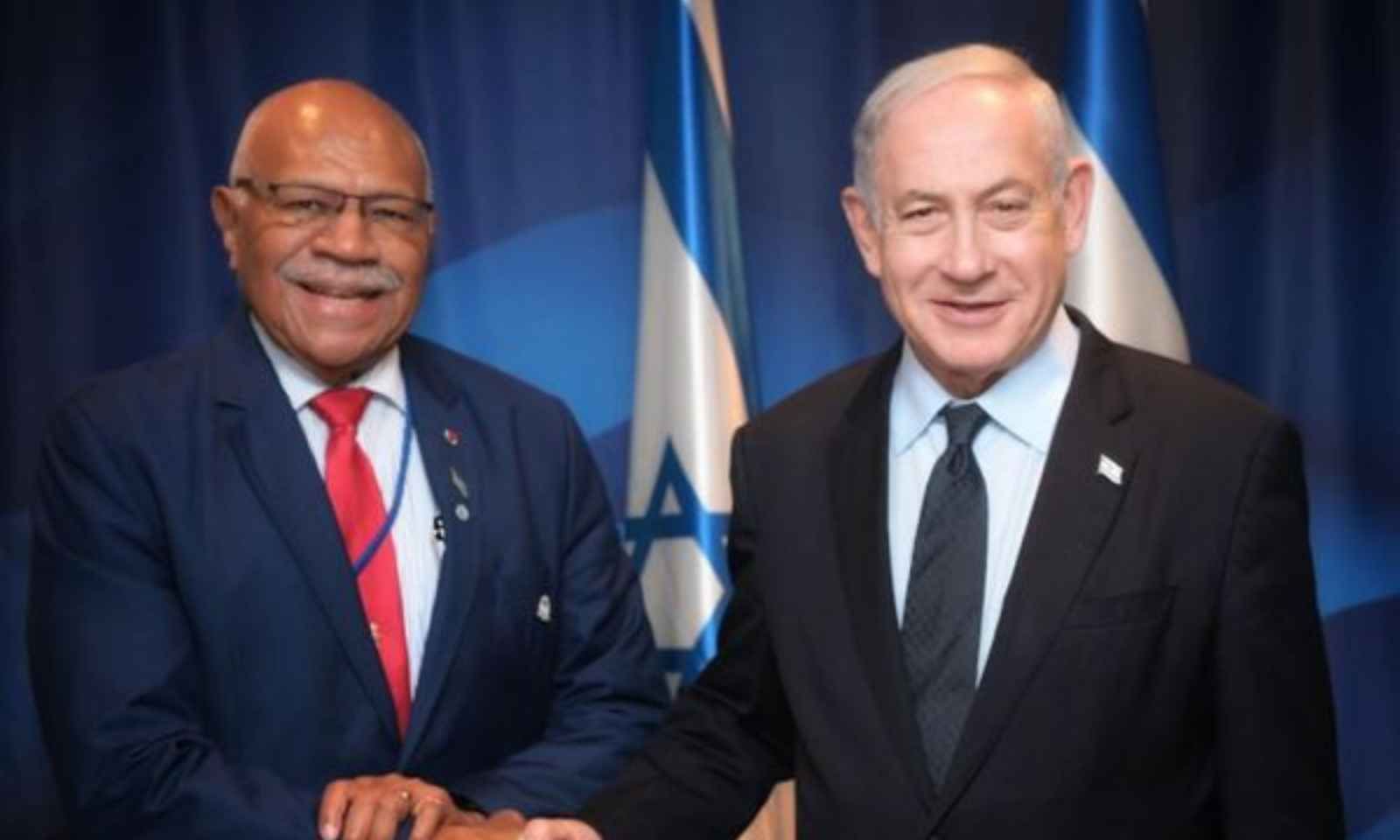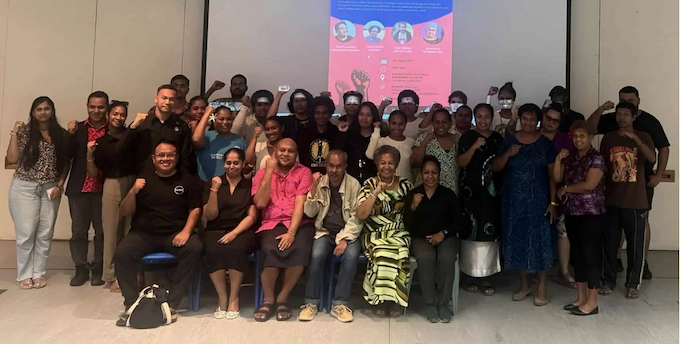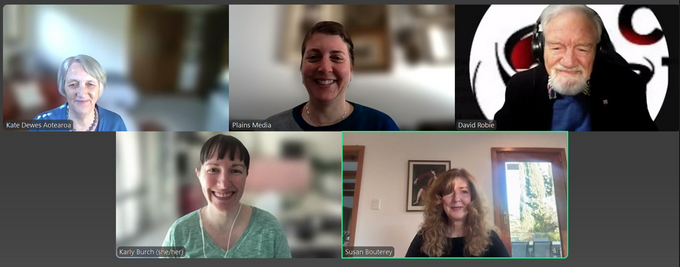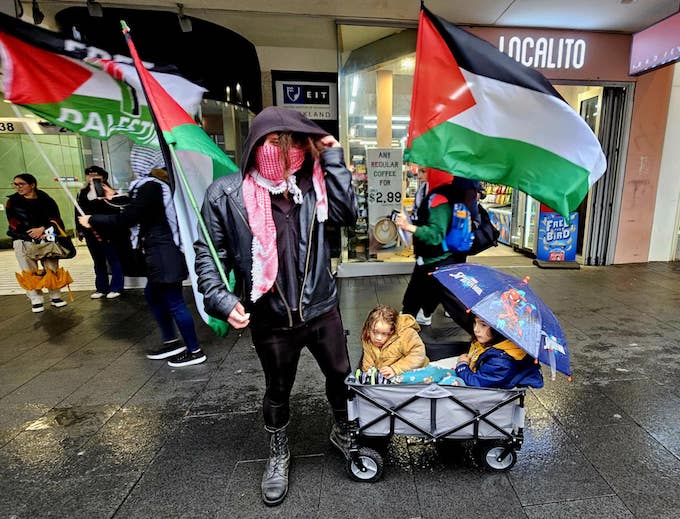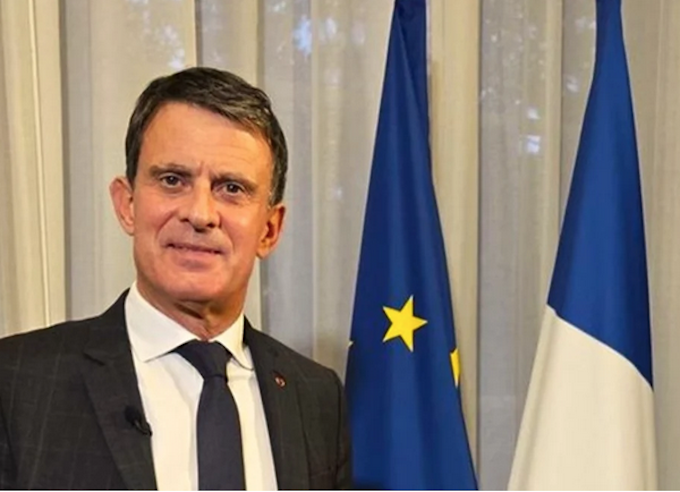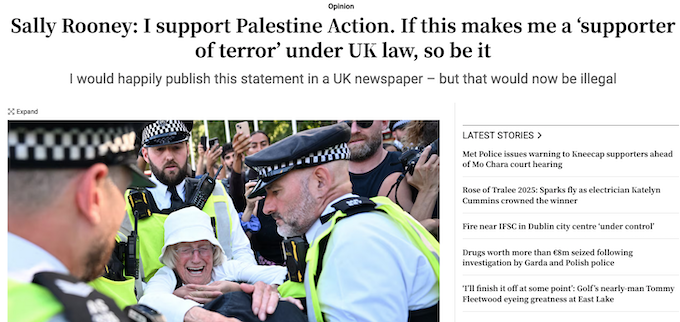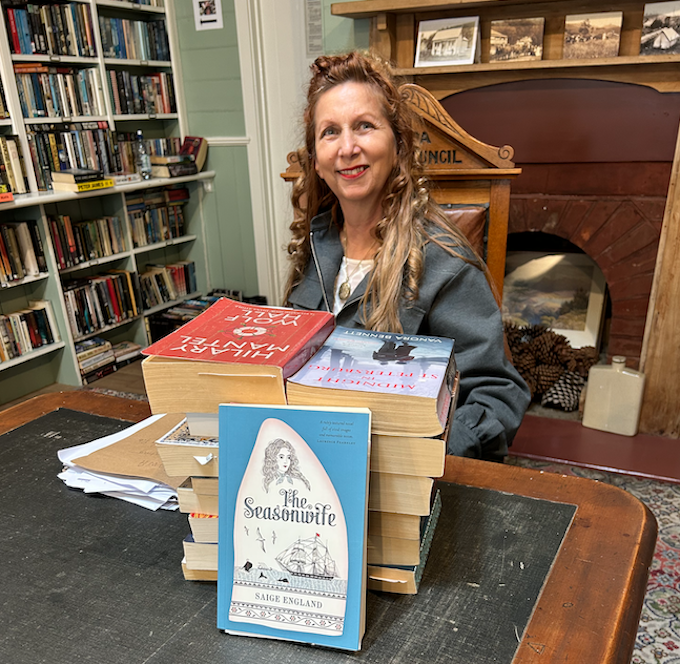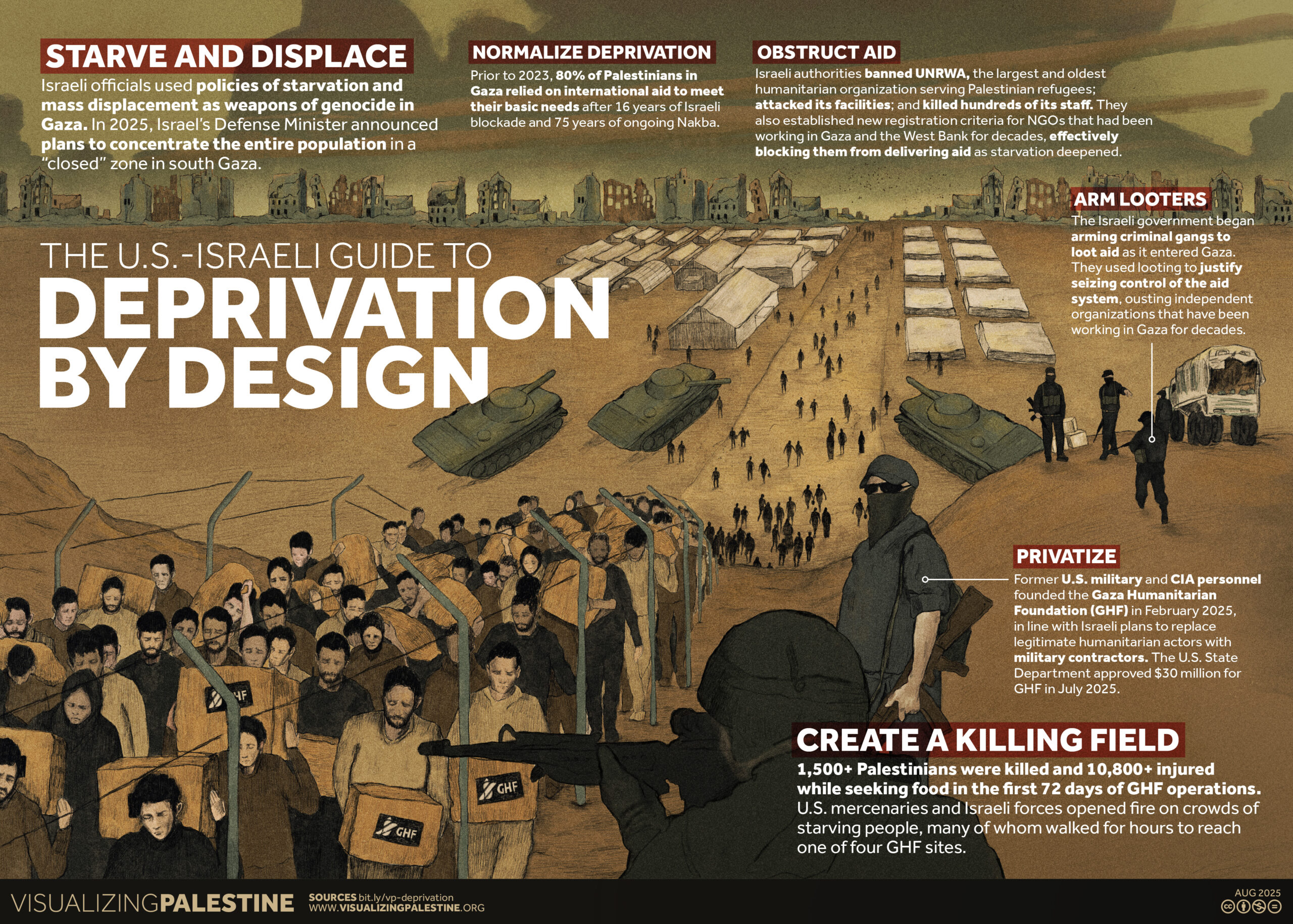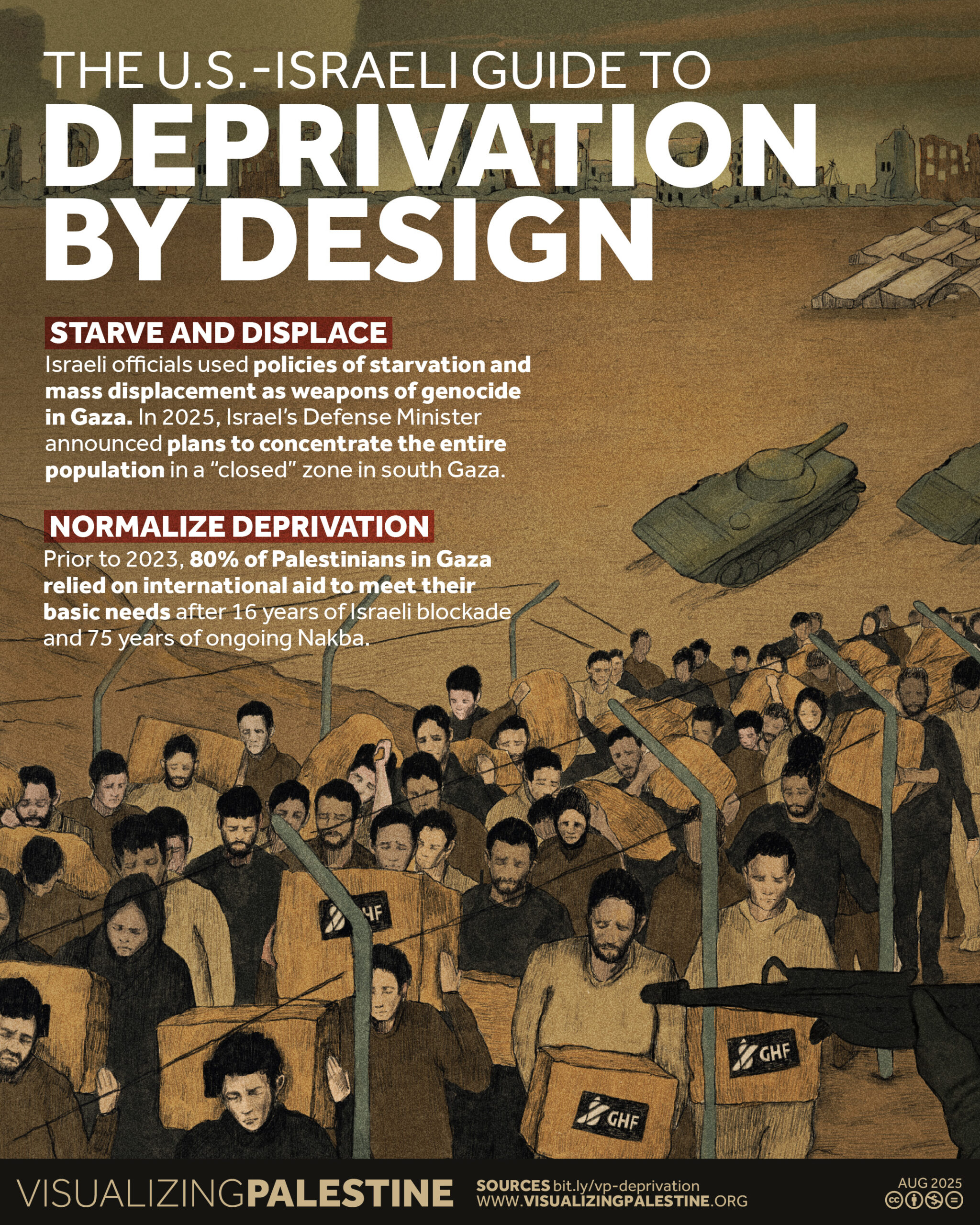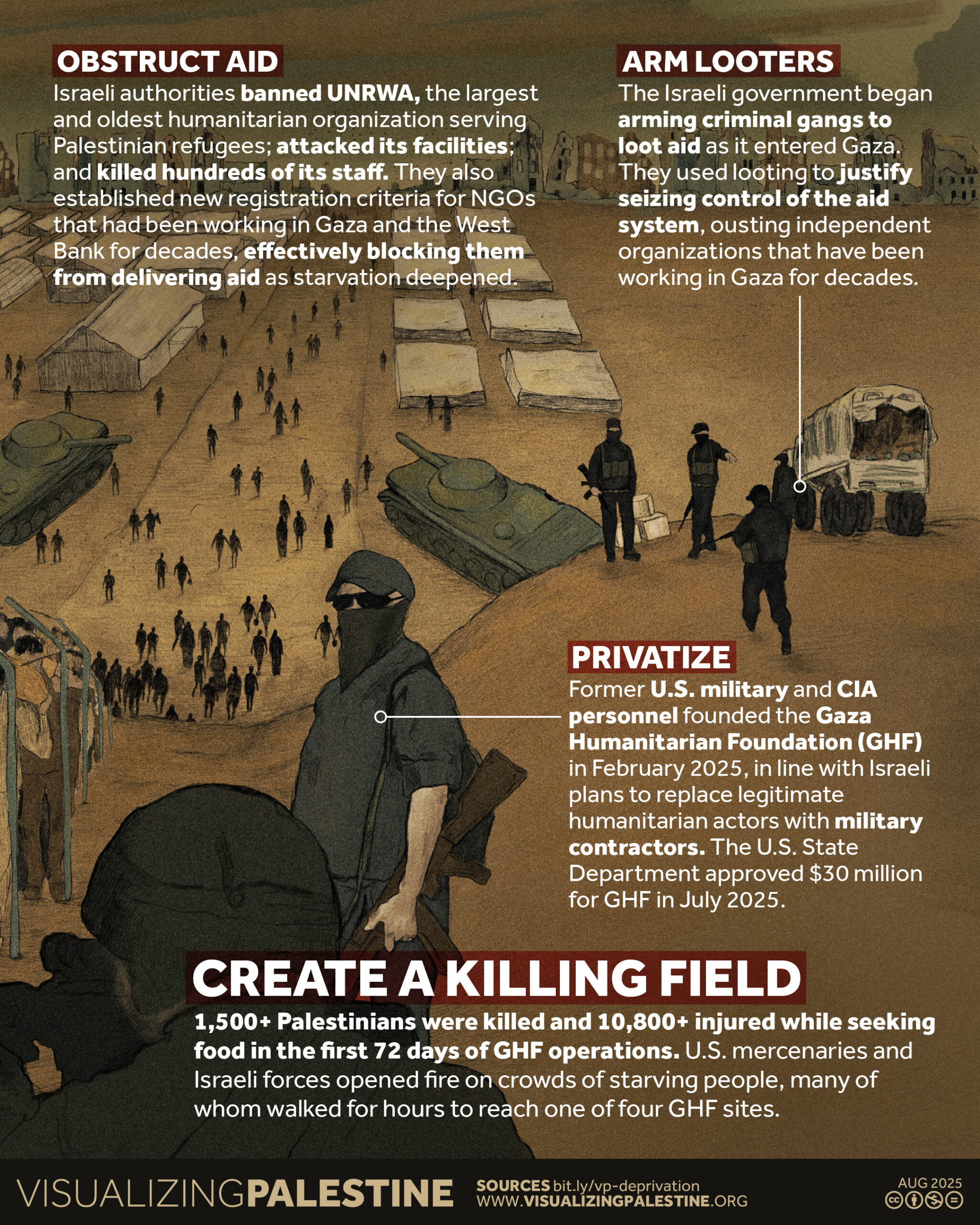Israel’s ongoing occupation of the Palestinian territory has seen countless devastating human rights violations, but few are as pervasive and enduring as the widespread imprisonment of Palestinians.
In East Jerusalem and the West Bank, a region already marked by a long history of occupation and dispossession, the detention of Palestinians by Israeli authorities reflects a calculated strategy of control and intimidation, a tactic systematically used to suppress political activism, resistance, and dissent. As of 22 August 2025, 10,800 Palestinians – excluding those from Gaza who have been forcibly disappeared – remain in the Israeli occupation’s jails, a figure that represents an ongoing campaign of occupation and repression that profoundly affects Palestinian families and communities.
Imprisonment is a ‘deliberate strategy to intimidate, control and destroy’
Since 1967, an estimated one million Palestinians have passed through Israeli occupation detention centres – equivalent to roughly 20% of the Palestinian population. The sheer volume underscores that imprisonment has been normalised as a key instrument of Israeli military and political policy.
Dr. Samah Jabr is a psychiatrist, former head of mental health with the Palestinian Authority’s Ministry of Health, and author of a new book titled Radiance in Pain and Resilience: The Reverberation of Palestinian Historical Trauma.
She said that detention of an individual has far reaching consequences on families, and society in general:
When someone is taken prisoner by the occupation, the punishment does not stop at the individual. Families are torn apart, children grow up with absence and uncertainty, sometimes they have to grow up faster, to fill the void of an absent father or brother, and the entire communities live with fear and grief. The policy of mass imprisonment is a deliberate strategy to intimidate, control and destroy Palestinian society, to weaken its social fabric, and to transmit trauma across generations. It aims to not only silence individuals, but to erode the resilience of the Palestinian community as it struggles for liberation and freedom.
One legal system for Israelis and illegal Jewish settlers, and another for Palestinians
The occupation enforces a system of apartheid against all Palestinians living under its effective control, and this includes the legal system. While Israeli citizens and the hundreds of thousands of illegal colonial Jewish settlers in the West Bank are subjected to Israeli civilian law, which is governed by an international humanitarian justice standard, this is not the case for Palestinians and their children, who have far fewer rights and protections.
Instead, they are subjected to more than 1,800 military orders, which govern nearly every aspect of their lives, and have been in place for almost 60 years. The occupation’s police and soldiers are there to enforce these orders, which are justified under the premise of ‘state security’ and act as a legal code, criminalizing activities deemed a threat to the occupation’s control, such as movement, political expression, association, and protests.
When Palestinians are arrested for violating a military order, they are prosecuted in a military court, which are exclusively run by military personnel and active duty soldiers, and have been criticised by international legal experts, the United Nations, and human rights organisations for lacking transparency and not providing fair trials.
These courts remain at the heart of the occupation’s regime of repression and control, and although international law states that civilians must never be brought before military courts, Israel persists in being the only country in the world that automatically and systematically prosecutes children in them.
No fair trial in the military courts
General director of Defense for Children International -Palestine (DCIP) Khaled Quzmar has worked for more than thirty years as a defense lawyer, representing many child prisoners inside the Israeli military courts. He said that while Israeli civilian law is governed by an international humanitarian justice standard, Palestinians have no rights, and are also not guaranteed a fair trial:
According to the Israeli court statistics, and from my own experience as a lawyer, I can say that the conviction rate in a military court is around 99.9 percent.
War on Want works to end global poverty and challenges human rights abuses by corporations and governments. According to War on Want’s senior campaigner for Palestine Neil Sammonds, the UK is deeply complicit in Israel’s military court system. He said that:
The UK government and UK-based corporations are supporting Israel’s illegal occupation of Palestinian land – which underpins Israel’s unjust ‘need’ to lock up and abuse huge numbers of Palestinian people. The UK has also had, for decades, a close military, security, political and legal relationship with Israel, and senior members of the UK and Israeli legal systems have also had regular exchanges on learnings. Although there is clear evidence of Israel’s widespread, systematic torture and ill-treatment of Palestinians in its military court system, including the torture of children, our government has done next to nothing to stop Israel’s abuses. This country could use its considerable leverage to hold Israel to account for its unjust military court system – but it simply chooses not to.
Legislative changes from November 2024 have lowered the age of criminal responsibility for those Palestinians under Israeli military law in the occupied West Bank to 12-years-old. This means Palestinian children aged 12 and above can be arrested, prosecuted, and imprisoned and, although strictly prohibited under international law, courts are now able to sentence Palestinian children as young as 12 to life in prison for crimes labeled as ‘terrorism’, even if committed as part of a protest or unrest.
UN experts have expressed alarm at these new measures. While Palestinians in occupied East Jerusalem, are subject to Israeli civilian law, the minimum age of criminal responsibility is also 12 years old. The majority of children are arrested either because of stone throwing – which carries a maximum sentence of 20 years, or expressing support for Hamas, solidarity with Gaza, or inciting against the Israeli occupation by posting, sharing or interacting on social media.
According to Quzmar, it is common for children as young as six or seven to be arrested during a raid on a house in the middle of the night, and interrogated for hours by the Israeli military, before being released.
Lawyers are barred from seeing the ‘secret evidence’ held against Palestinians
There are more than 3613 Palestinians, including women and children, being held in Israeli prisons under administrative detention, meaning they have been arrested and imprisonment without charge or trial, and also without any upper time limit.
The evidence against them is kept secret, with even their lawyers barred from seeing it. Because only the Israeli judge and Israeli prosecutor have access to the files, which are used to justify the continued detention, it is impossible for a defendant and their lawyer to mount a proper defense.
For this reason, this practice is considered a violation of international law but, according to Quzmar, about 40% of cases involve children being held under administrative detention. He said that:
In the past, we used to have no more than 10 cases a year, but now the cases are even more than 150.
Huge deterioration in prison conditions since 7 October
Israeli human rights organisation B’Tselem has described the Israeli prison system as “a network of torture camps”. It has never treated Palestinians well, but since October 2023, conditions for these detainees have deteriorated dramatically, reaching unprecedented and systematic levels of abuse and neglect. Under international law, this ill-treatment is not only fundamentally illegal but is also considered torture.
Not only has the occupation thrown a huge number of Palestinian citizens – including politicians, social media activists, journalists, and former released prisoners – into detention centres, but testimonies from released prisoners, along with numerous reports, detail systematic torture, severe beatings, humiliation, and mistreatment at the hands of Israeli military and prison officials. There have also been numerous deaths in custody attributed to torture and medical neglect.
It is the far-right National Security Minister, Itamar Ben-Gvir, who is directly responsible for the police and the Israel Prison Service, and personally oversees the torture operations that the prisoners are subjected to. He has a history of extreme and provocative rhetoric against Palestinians, has publicly called for executing Palestinian detainees by shooting them in the head, and has demanded legislation to impose the death penalty on Palestinian prisoners accused of violence against Israelis. He has also actively worked to worsen the conditions of Palestinian prisoners, saying in a statement on X on July 1:
Since I took office as Minister of National Security, one of the highest goals I set for myself was to exacerbate the conditions of ‘terrorists’ in prisons and reduce their rights to a minimum.
Ben-Gvir said he implemented the reforms by reducing the conditions of the ‘terrorists’ to a minimum, saying:
We stopped financial deposits, canceled the canteens, removed electrical appliances from cells, stopped outdoor walks, significantly reduced the time spent in bathrooms and stopped the lenient menu which was converted to a simple menu. In short, we completely stopped the summer camp conditions.
Ben-Gvir’s solution to overcrowding in the prisons, is to “legislate the death penalty for ‘terrorists’’.
Palestinian prisoners are deprived of even their most basic rights
The Palestinian Prisoner’s Club (PPC) is a prominent Palestinian NGO, founded in 1993 by former prisoners. It advocates for the rights of thousands of Palestinians held in Israeli prisons by providing legal support, documenting conditions, and offering assistance to detainees’ families.
The Club also raises awareness about prisoner issues nationally and internationally, making it a key voice on matters concerning Palestinian detainees and their treatment. It has warned of an escalating health crisis and systematic crimes against these Palestinian political prisoners.
Abdallah Alzighari is the President of the Palestinian Prisoner’s Club. He said that:
Since the 7th of October, 2023, we have documented the arrest of more than 18,500 Palestinian citizens from the West Bank and Jerusalem. Hundreds of prisoners are sick, and they have provided shocking testimonies about the deprivation of their most basic human rights. There is no dignity, no respect, and absolutely no medical care for the prisoners inside the detention centres. In addition, there are thousands from the Gaza Strip, for whom we were unable to obtain accurate numbers due to the nature of their arrests and the severe policy of enforced disappearance they face, with very little information being disclosed about them.
Based on statistics and our monitoring, we have also documented the martyrdom of approximately 300 Palestinians since the beginning of the Israeli occupation in 1967. However, during the past 22 months – since the start of this war of extermination – we have documented 76 Palestinians who were killed inside Israeli occupation prisons due to the crimes of starvation, medical neglect, and brutal assaults to which prisoners are subjected to.
There figures are just for those Palestinians we know about, but there are more. We strongly believe – based on testimonies from released prisoners and detainees from the Gaza Strip – that the occupation has executed dozens of prisoners inside Israeli detention camps, specifically in the camps established after the beginning of the genocide in Gaza but, until now, the occupation has not disclosed their identities.
Walid Khalid Abdullah Ahmad: starved to death by Israel in detention
In March, 17-year-old Walid Khalid Abdullah Ahmad collapsed and died in the yard of the prison in which he was incarcerated and, according to Defense for Children International – Palestine, his autopsy indicated that he had been systematically starved and abused for months until he finally collapsed, struck his head, and died.
The report, which was conducted in Tel Aviv, also states he suffered from “extreme, likely prolonged malnutrition”, and that he likely suffered from an inflamed colon, leading to frequent diarrhoea and severe dehydration. Walid had also been suffering from scabies – a dangerous skin disease if left untreated – since October, which he caught shortly after being admitted to the prison. And, in December, he had also reported head trauma and a severe lack of food available to detainees.
Walid was in good health when he was arrested at the end of September, 2024, and had wanted to play for the Palestinian national football team, but was unable to do so due to barriers enforced by the occupation – which now continues to prolong his family’s suffering, by refusing to hand over Walid’s body, and not even permitting them to see it.
It could happen to any one of the Palestinian prisoners in Israeli occupation jails
Quzmar said:
I’ve never heard of behaviour like this happening anywhere else in the world, but what happened to Walid could happen at any minute to any one of the hundreds of Palestinian children in detention, because they are all living in the same situation. The child was not even convicted in the court, or sentenced. In the past, children were arrested, but their rights – for food, medical health and treatment, and sometimes even education, were offered. But now, prisoners are starving inside the prison, and medical treatment is denied. If the child gets sick and needs medicine, no one cares. These things are happening inside Israeli prisons with all prisoners, regardless of age, and it is a war crime. While children are denied these rights, Israel considers this to be saving the security of the area, in order to let the Israelis live in peace.
The International Committee of the Red Cross (ICRC) has been conducting visits to Palestinian detainees held in Israeli places of detention since 1968, and over this long period, it has facilitated millions of family visits for the detainees and engaged in monitoring their treatment and conditions, to make sure there are no violations of international humanitarian law.
But since October 2023, the occupation has imposed a blanket ban on ICRC visits, raising serious concerns about the treatment of Palestinians detainees, while also suspending all family visits, including those for children.
Quzmar said lawyer visits have also become extremely difficult to arrange:
In the past, I used to arrange a visit within a few hours. Now, the minimum time I need is one month, to arrange the visit. Often the Israeli police now announce an emergency situation in the prison, and the lawyer then has to immediately leave, and rearrange another visit in the future. This is now happening with all the lawyers.
Palestinians Israel abducts from Gaza subjected to even worse torture
A new report, titled Enduring Hell: Gaza Detainees Face Severe Israeli Torture and Terror Behind Bars, by the Palestinian Prisoner’s Society (PPS), and the Commission of Detainees Affairs and Ex-Detainees’ Affairs, state those abducted from the occupied Gaza Strip are enduring even worse levels of torture and abuse than other Palestinian detainees.
Since the start of its genocidal campaign of forced displacement and ethnic cleansing, Israeli occupation forces have detained thousands of civilians from across the Gaza Strip – including women, children, older people, the wounded, as well as health workers, and journalists. Between late July and mid-August, testimonies were obtained – under strict conditions – by lawyers during visits to detainees in the underground ‘Rakevet’ section of Ramla Prison, and the ’Sde Teiman’ military camp – both notorious for systematic torture and medical abuse of Palestinians arrested from occupied Gaza.
All detainees who were visited confirmed they are suffering from extreme hunger, while the overcrowded prison system has actively contributed to the spread of infections and diseases, such as scabies, by depriving detainees of basic hygiene, sanitation and medical care. The testimonies also reveal systematic torture-beatings and finger-breaking, sexual assault, along with total isolation-detainees are denied sunlight and allowed out to the yard every other day for 20 minutes, handcuffed and forced to keep their heads down.
Systematic torture and sexual violence
In addition to the abuses mentioned in these briefings, there are also multiple credible reports and testimonies indicating serious sexual violence, including rape and brutal abuse, committed against Palestinian detainees in Israeli detention facilities such as Sde Teiman detention camp.
These reports describe detainees being subjected to rape, sexual assault with objects, and horrific torture methods by Israeli guards and soldiers. Many victims have suffered severe injuries, and died from this abuse. According to the briefings, 46 of the 76 martyred political prisoners identified, since October 2023, were people arrested from Gaza.
Ramy Abdu is assistant professor of law and finance, founder and chairman of Euro-Med Human Rights Monitor. He described to the Canary, the undignified, abusive treatment endured by all Palestinians detained by the occupation, but said the following is systematic practice for those detained from Gaza:
The very first moment any Palestinian is arrested, they are forced to strip completely, and undergo a humiliating thorough search, often involving police dogs. Afterwards, the detainee is blindfolded, restrained, given prison clothing, and assigned a number for future identification, before being transferred to an interrogation centre. The treatment is extremely degrading, with detainees deprived of their most basic legal and human rights, including access to food, water, sanitation facilities and personal hygiene items. Even knowing the time or date is considered prohibited under the prison authorities’ regulations.
Unknown numbers forcibly disappeared, and vanished without any trace, by Israel
The occupation also continues to commit the crime of enforced disappearance against large numbers of Palestinian citizens abducted from Gaza, refusing to disclose their identities or locations of detention.
Quzmar said there are hundreds of missing youth, and about two weeks ago he started receiving calls from concerned families in Gaza who had lost their children. He currently has a list of 11 he is trying to locate. Once the parents have checked at the hospitals, the cemetery, asked everyone, and found nothing, they then contact the ICRC. If the ICRC has no information, these people are then given the numbers of lawyers, and Quzmar’s number if they have missing children.
He will then try to provide information as to their child’s whereabouts – is he alive in prison, or has he been killed? There is now a lot of bureaucracy involved, and it could take Quzmar months to get an answer from the Israeli authorities – if he gets an answer at all – but if he is told there is no information about the person, the case is then considered to be a disappearance.
He said:
There are two scenarios. The Israeli army raids a neighbourhood – which are not buildings any more, but tents. Sometimes they also raid schools, that are now used as shelter for civilians. They ask everyone from the age of 14 up to 60 or 70, to get out. They then force them to take off their clothes, just leaving them in their underwear, and put them in trucks without saying anything to the families where they are taking them. But, also, everyday we see children going to the GHF sites, and waiting for food, and then the Israeli army is shooting everywhere, people run from the place and family members go missing. I have also received calls from families in Syria, saying the Israeli army arrested or took their child from the field, even when they were outside taking care of the animals in the mountains. Really, I feel this time, more than any time before, I feel hopeless, and how can I give hope to the families of these missing children when I don’t trust the army to give me the right answer, if any answer at all.
No different for female detainees
There are currently 49 female political prisoners detained by the Israeli occupation. According to the Palestinian Prisoner’s Society this number includes two abducted from Gaza, two minors, and two pregnant women.
Rima Balawi, who is eight months pregnant and nearing delivery, was arrested in February on allegations of ‘incitement’ via social media – a claim which is increasingly being used as a broad justification to expand detentions and surveillance, says the PPS.
Recent documentation by rights organisations has revealed unprecedented violations against the women, starting from their arrest, through interrogation and transfer to their current detention in Damon prison. In the first half of this month (August), Damon administration carried out four violent crackdowns against the Palestinian female prisoners. During these raids, prison forces assaulted detainees, and in two incidents, gas and police dogs were used.
According to the PPS, these assaults are part of a systematic, ongoing policy that has intensified since the start of the genocide in Gaza. Female prisoners suffer from the same conditions as male detainees: systematic torture, humiliation, sexual violence and solitary confinement, while also enduring medical denial, neglect and starvation, although many require specialised medical care, including Fidaa Assaf, who has cancer. Female detainees are also denied visits from their children and the rest of their family.
Since October 2023, there have been more than 570 arrests among Palestinian women and girls, some of whom are illegally taken hostage – arrested although they are not suspected of any wrong doing – and are used by the Israeli occupation forces solely as a means of pressuring relatives to turn themselves in. This tactic is routinely used by the occupation, even with children.
The occupation acts with complete impunity
Alzighari said:
The Israeli occupation violates all international agreements and laws related to the rights of prisoners, specifically the third and fourth Geneva Conventions [concerned with prisoners of war, and the protection of civilians in time of war, respectively]. The prisoners are living through a form of hell, subjected to the most brutal forms of torture on a daily basis, in the absence of all forms of human rights and legal oversight.
The reality of Palestinian imprisonment under Israeli occupation reveals a deep and ongoing crisis of human rights and dignity. Behind the statistics are thousands of shattered families, children robbed of their childhoods, and communities scarred by trauma that spans generations.
Yet, during this relentless repression, the voices of Palestinian prisoners, advocates, and human rights defenders persist in demanding justice and accountability. Their struggle calls on the international community to recognise and act against these grave injustices, to uphold human rights, and to support a future where all Palestinians can live free from fear, oppression, and imprisonment.
The road to peace and reconciliation will only be possible when these crimes are acknowledged and remedied, and the humanity of every individual is respected.
Featured image and additional images supplied
By Charlie Jaay
This post was originally published on Canary.







